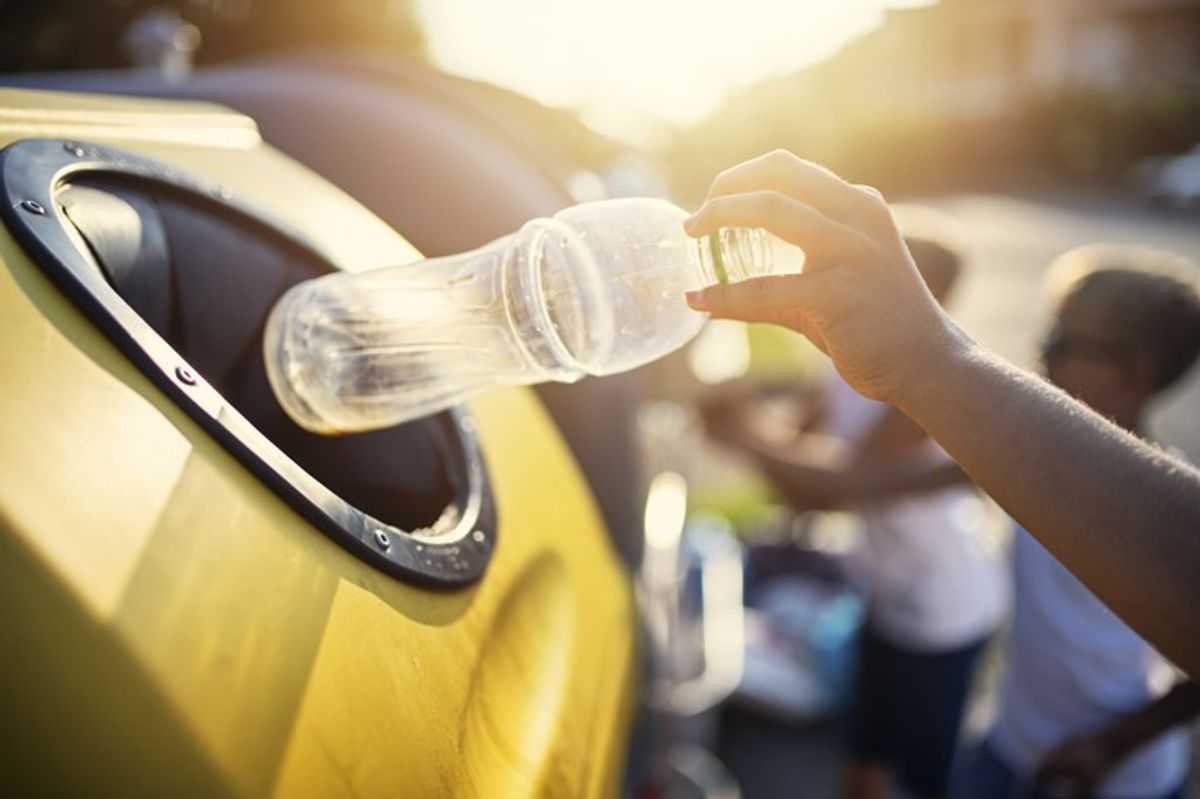The Federation of Independent Retailers (the Fed) has urged prime minister Keir Starmer to work with the rest of the UK governments to bring in the deposit return scheme.
In a letter written to Starmer, Fed has expressed support for Keep Britain Tidy. Other signatories include major soft drinks producers Coca-Cola, PepsiCo and Suntory, the British Soft Drinks Association, and environmental organisations such as WWF, Surfers Against Sewage and the Marine Conservation Society.
The letter states, "We were pleased to see your commitment to 'reduce waste by moving to a circular economy' as outlined in your manifesto, building on your party’s long-term commitment to implementing a deposit return scheme. In light of this, we would like to reiterate our unwavering support for the scheme, which has undergone extensive development within Defra.
"With Secondary Legislation ready to be implemented, it can be a quick and ready win for a government looking to hit the ground running. Deposit return schemes have the potential to reduce littering of drinks containers (which make up 75 per cent of litter by volume1) by up to 85 per cent.
"More than 40 countries have successfully implemented a deposit return scheme, with the best designed seeing return rates of up to 98 per cent as a result. The environmental case is clear, and any delay to deposit return means more avoidable damage and waste – each year, nearly 9 billion drinks containers fail to be recycled – ending up in landfill, incineration or as litter.
"The economic case for deposit return is clear. It is an industry-funded scheme, meaning that the cost for establishing and running the scheme will be met by drinks producers, not the taxpayer. It will lead to the creation of an estimated 3,000-4,000 green jobs in the collection and sorting of materials."
The letter further points out that according to Defra’s own calculations, DRS will deliver a Net Present Value of between £3.58-5.88bn.
"Your government has a target of reaching Net Zero by 2050, a target that is supported by 72 per cent of the public. For this to be achieved, stagnant recycling rates will need to rise significantly, and deposit return will provide infrastructure to do just that at no cost to the taxpayer, providing drinks producers with the high quality recyclate they need to increase recycled plastic content in their products.
"Deposit return schemes are a highly visible, highly popular intervention on the environment – just 5 years after implementation in Lithuania it enjoys 98 per cent public support, and a combined survey of 34 international polls showed an 87.5 per cent average level of support for existing deposit return schemes."
Recent polling by YouGov shows that 69 per cent of the UK public currently supports deposit return. Ireland has also recently introduced a scheme which sees nearly 3 million containers returned daily, states the letter.
Research by Reloop shows around 20 million drink containers are buried, burnt or littered daily. DRS will help to protect the environment from littered drinks packaging, dramatically increase recycling rates and prevent 8.6 billion drinks containers being "lost from the loop" every year.


